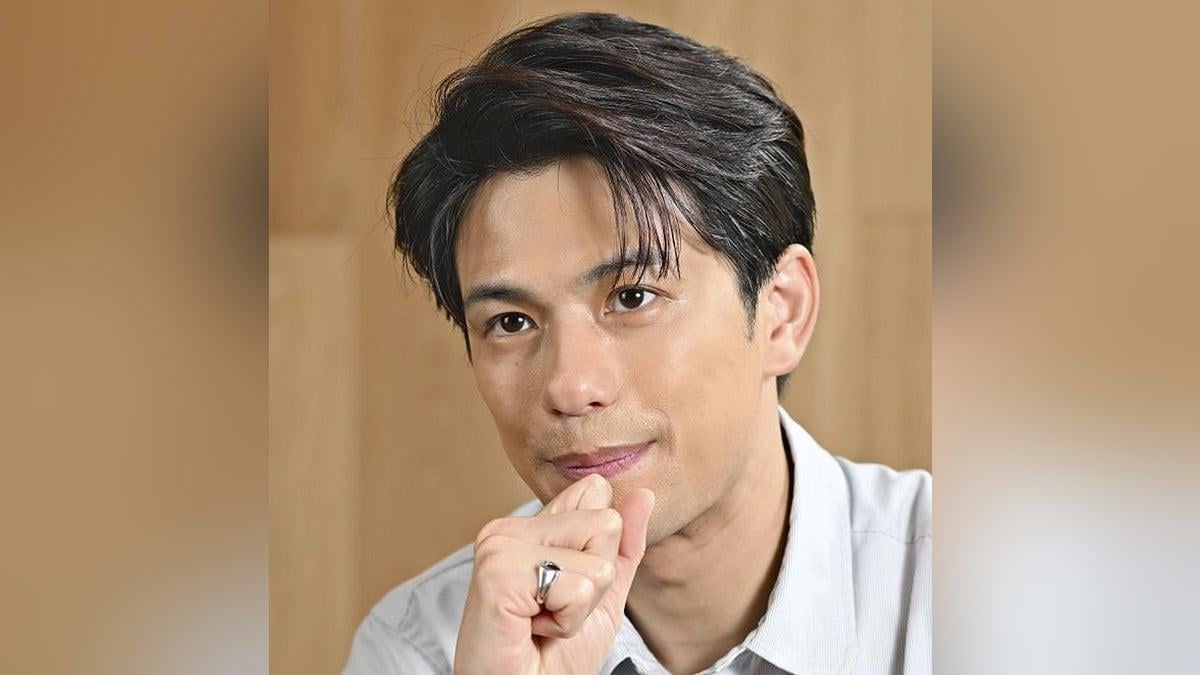
TOKYO — When Win Morisaki was nine, he left his grandmother’s home in Yangon, Myanmar, to reunite with his parents in Japan. What should have been a joyful beginning quickly turned into an isolating struggle.
At his new public elementary school in Tokyo, Morisaki spoke barely any Japanese. Attempts to join classmates were met with rejection. “Go away,” they told him, sometimes kicking him aside. “It was lonely, painful, humiliating,” he recalls.
With strict parents who demanded he attend school no matter what, there was no escape at home either. He was forced to build new relationships in both worlds, often feeling he had nowhere to turn.
His one refuge was soccer. Though he was always made goalkeeper—a position no one wanted—his persistence eventually earned him respect. The very boys who once excluded him began to play by his side. One even defended him against bullies. “I realized not everyone is truly bad,” Morisaki says.
By middle school, Morisaki’s resilience caught the attention of a talent scout. The road ahead, however, was steep: repeated rejections in auditions nearly broke him. Only at 27, when he landed a role in Steven Spielberg’s Ready Player One, did he feel certain he belonged in entertainment.
Now 35, the actor and singer delivers a message shaped by hardship: “Life is tough, but if you keep living, there will always be joy. When you feel down, lift your head a little and imagine the future.”
Morisaki went on to star in stage productions, model for magazines, and play Tokugawa Hidetada in the 2023 NHK historical drama What Will You Do, Ieyasu? But the lesson he carries from childhood remains simple: survival brings discovery. “It’s because we live,” he says, “that we meet what’s truly interesting.”
by MagazineKey4532
